
The leader of a major West Coast trash and recyclables company is prepared to bankroll a California ballot measure taking aim at single-use plastics.
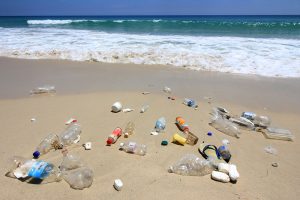
Companies from throughout the plastics value chain have committed more than $1 billion to reduce plastic waste by improving waste management systems and cleaning up existing pollution.
 Prices for post-consumer PET and natural HDPE have remained flat over the past month. Both are up significantly from this time last year.
Prices for post-consumer PET and natural HDPE have remained flat over the past month. Both are up significantly from this time last year.
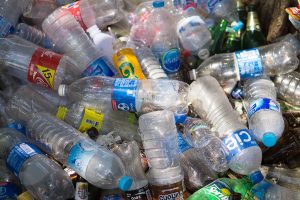
Well over half of PET bottles sold in Europe were collected for recycling in 2017, according to an industry survey.
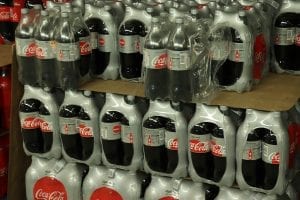 Stories about beverage companies using recycled plastic, a facility sorting flexible packaging, a chemical producer embracing pyrolysis and authorities dismantling a fraud scheme drew readers’ attention last month.
Stories about beverage companies using recycled plastic, a facility sorting flexible packaging, a chemical producer embracing pyrolysis and authorities dismantling a fraud scheme drew readers’ attention last month.
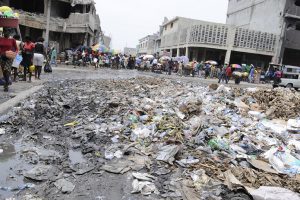 Envision Plastics has had success integrating marine plastics into the supply chain. But if more brand owners don’t step up to purchase the material, the whole effort may have to scale back, an executive at the reclaimer said.
Envision Plastics has had success integrating marine plastics into the supply chain. But if more brand owners don’t step up to purchase the material, the whole effort may have to scale back, an executive at the reclaimer said.
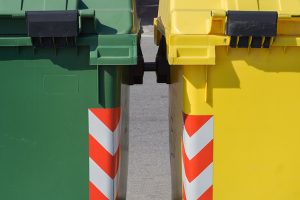 Waste Management’s latest sustainability report delves into factors impacting the plastics recycling industry as a whole, including fluctuating markets, sustainable materials management, technological advances and more.
Waste Management’s latest sustainability report delves into factors impacting the plastics recycling industry as a whole, including fluctuating markets, sustainable materials management, technological advances and more.
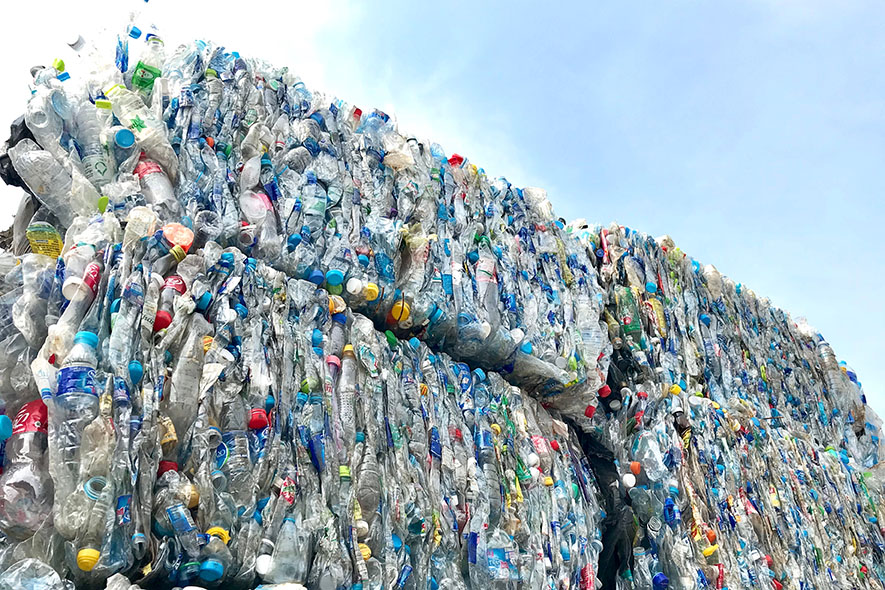 An Indorama Ventures executive says converging factors have led to growing recycled plastic demand, which is key to the resin maker’s acquisition of reclaimer Custom Polymers PET.
An Indorama Ventures executive says converging factors have led to growing recycled plastic demand, which is key to the resin maker’s acquisition of reclaimer Custom Polymers PET.
 Not surprisingly, news on Asian market shakeups dominates our rundown of the most popular Plastics Recycling Update stories from 2018. But materials recovery investment from a prime resin producer and the development of a domestic facility also made the list.
Not surprisingly, news on Asian market shakeups dominates our rundown of the most popular Plastics Recycling Update stories from 2018. But materials recovery investment from a prime resin producer and the development of a domestic facility also made the list.
